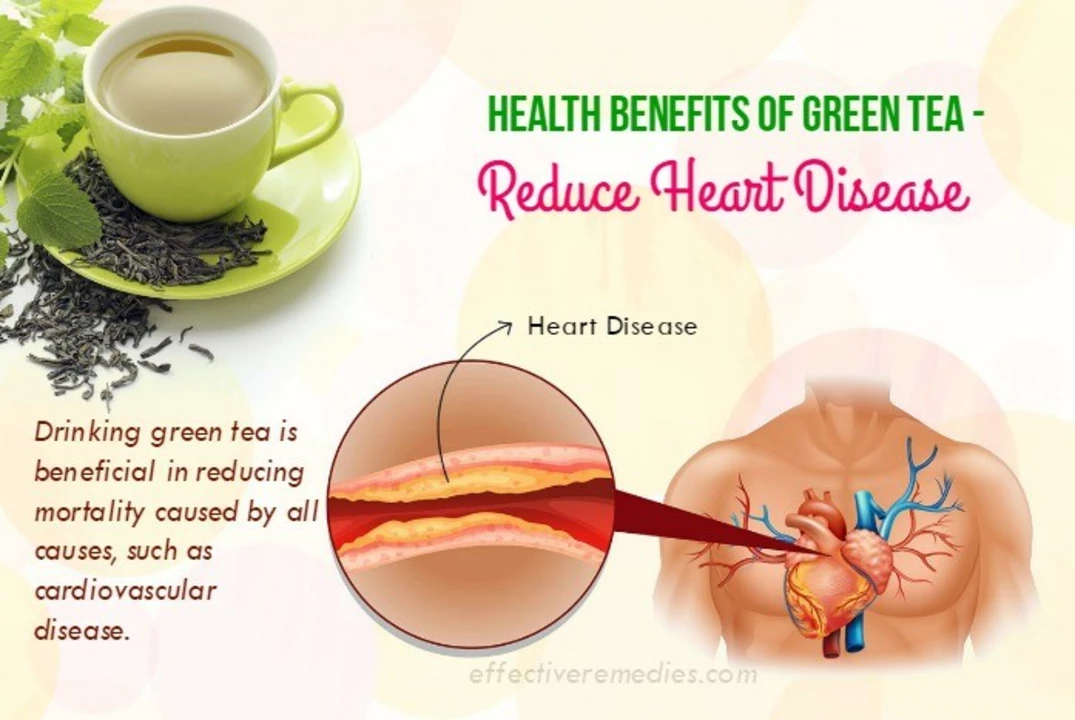Worried about blood pressure or clot risk? You’re in the right place. This page gathers straightforward, useful advice on common heart medicines, quick safety checks, lifestyle moves that help, and simple ways to lower drug costs without risking your health.
Atenolol, amlodipine (Norvasc), and telmisartan are common drugs for high blood pressure. Atenolol is a beta-blocker often used in doses like 25–100 mg daily; it can cause tiredness, cold hands, or slow heartbeat. Amlodipine is a calcium-channel blocker (often 5–10 mg daily) that works well for swelling or persistent high pressure; watch for leg swelling and lightheadedness. Telmisartan is an ARB many people tolerate well — doctors often start at 40 mg and adjust as needed. Don’t change or stop these meds suddenly; low blood pressure, dizziness, or fast heartbeat are signs to call your clinician.
Enoxaparin (a blood thinner) appears in our guides for people who need short-term anticoagulation. Prophylactic doses are commonly 40 mg once daily while treatment doses are calculated by weight (for example, around 1 mg/kg twice daily) — but always follow the exact prescription. With any anticoagulant, bleeding risk is the big safety point: watch for unusual bruising, blood in urine or stool, and persistent nosebleeds. If that happens, seek medical help right away.
Simple habits help more than you think: cut salt, move 30 minutes most days, keep a healthy weight, limit alcohol, and quit smoking. Measure blood pressure at home with an approved cuff and bring results to appointments — home readings give a clearer picture than once-in-a-while clinic checks.
Want to save on prescriptions? Choose generic versions (they’re usually the same active drug), compare local and online pharmacies, and check manufacturer coupons or patient assistance programs. If you buy online, only use pharmacies that ask for a prescription, show a license, and have clear contact info. Avoid sites that sell prescription meds without a prescription or offer huge discounts that seem too good to be true — fake meds are a real risk.
If you’re juggling multiple pills, make a list with doses and reasons for each drug. Share that list with every provider you see so no one prescribes something that causes dangerous interactions. And if side effects start or blood pressure goals aren’t met, talk to your doctor about switching drugs; options like switching from one class to another are common and often effective.
If you want links to detailed articles on specific drugs, safe online pharmacies, or ways to save, check the related posts on this tag. You’ll find step-by-step buying tips, safety checklists, and plain answers from people who deal with these meds daily.
Manageable steps plus the right information make heart care less stressful. Keep questions ready for your clinician, and treat medication buying like a safety task — not just a shopping trip.

In my latest research, I delved into the topic of Bicalutamide and its effects on heart health. Bicalutamide is a medication often used in the treatment of prostate cancer, and it's important to understand both the risks and benefits associated with its use. While the drug has been shown to be effective in treating cancer, there have been concerns regarding its potential impact on heart health. Through my exploration, I discovered that while some studies have found an increased risk of heart-related issues, others suggest that these risks may be outweighed by the potential benefits of the treatment. It's crucial for patients and healthcare professionals to carefully consider these factors in order to make informed decisions about Bicalutamide's use.
CONTINUE READING